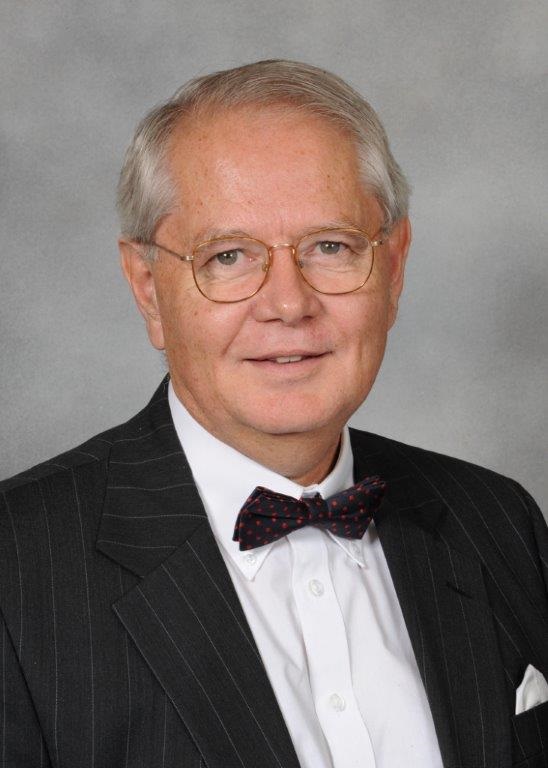
The future of Eskom has been a topic of discussion for many years.
One contentious issue in all these discussions is the question about whether Eskom should be kept as a state-owned enterprise or be privatised partly or in full.
This was a very relevant question when Eskom still had some value.
Choices could then be made about the optimal structure to serve South Africa’s electricity supply needs.
Telkom is one example in South Africa of a partly privatised business, previously owned by the government.
Since its partial privatisation, Telkom is profitable and pays dividends to the South African government.
It is, therefore, appropriate to ask questions about a similar strategy at other state-owned enterprises, such as Eskom.
In recent years severe mismanagement had a detrimental effect on Eskom’s business prospects.
The extent of this mismanagement can hardly be described.
One example is sufficient: At the last of the National Energy Regulator of SA’s recent public hearings on Eskom’s tariff increase application on February 5 in Midrand, no mention of load shedding was made in Eskom’s presentation.
Only five days later South Africa had to deal with the scourge of load shedding.
This incident is testimony to the fact that Eskom’s management apparently lack a proper grasp of its business activities.
As a result of load shedding, electricity sales will be even lower than initially projected, thus forcing Eskom into an even worse financial position.
It is not clear if this has dawned on the management of Eskom yet.
South Africa has experienced load shedding and unreliable power supply on a number of occasions in the past decade, as is now the case.
Unreliable power supply affects the demand for electricity generated by Eskom, irrespective of price.
Consumers consider alternatives to ensure uninterrupted power supply or, at least, available power supply.
This leads Eskom into uncharted territory, as it will become impossible to estimate the future demand for its electricity supply.
Price affects demand, but unavailability of electricity owing to load shedding changes behaviour of customers.
Once Eskom loses customers to alternative power supply sources, such as solar energy, these customers cannot be wooed back.
A practical example is a well-known bank in South Africa. An analysis for its head office building showed that a complete move to off-grid supply, with no reliance on Eskom, would show positive payback within a period of five years.
Once this bank has moved its head office off the Eskom grid, the client is forever lost.
In any discussion of the possible privatisation of Eskom, the real question is therefore whether anything remains to be privatised.
In his state of the nation address President Cyril Ramaphosa announced a strategy to split Eskom into generation, transmission and distribution subsidiaries under a holding company.
This announcement is not tantamount to the partial or complete privatisation of Eskom. At best, it can be viewed as a strategy to get to grips with continued problems facing the utility.
In such a revised structure, it will be easier to identify the real challenges and problems Eskom’s management should overcome, given its annual operational losses and debt level of more than R400 billion.
There cannot be any doubt that Eskom’s operational costs are completely out of control.
Drastic action is urgently required to contain costs to ensure its financial survival. Without substantial cost cuts, business rescue, rather than any form of privatisation, looms in its future.
A reduction of head count has to be part of Eskom’s cost containment programme.
This is the real contentious issue and the basis for the objection of trade unions to any restructuring of Eskom.
In an analysis of their comments, it seems that the trade unions are indeed oblivious of Eskom’s financial difficulties.
At a basic level Eskom has a simple business model. It is a state-owned monopoly supplier of an essential service. In such a situation, any sound management should be able to turn a profit.
But Eskom has not failed to surprise its customers.
The question of Eskom’s possible privatisation is indeed a contentious one. More contentious is the question about whether there is anything left to privatise at Eskom.
Rossouw is the University of the Witwatersrand’s Head: School of Economic and Business Sciences




 Publications
Publications
 Partners
Partners








